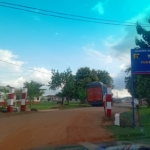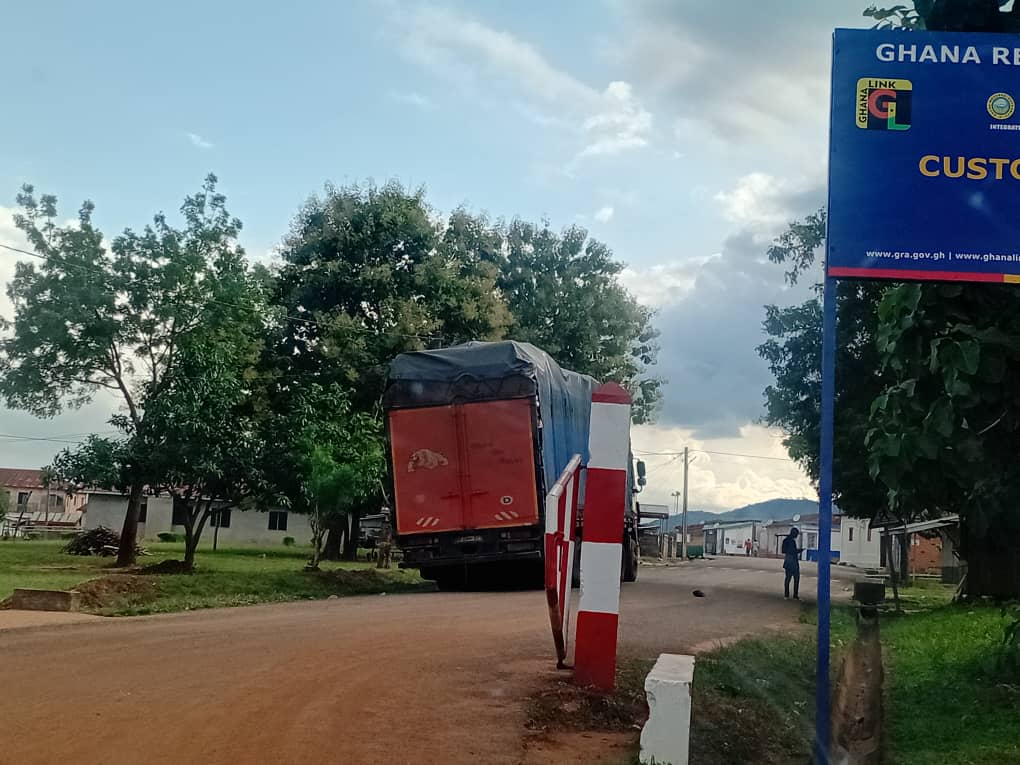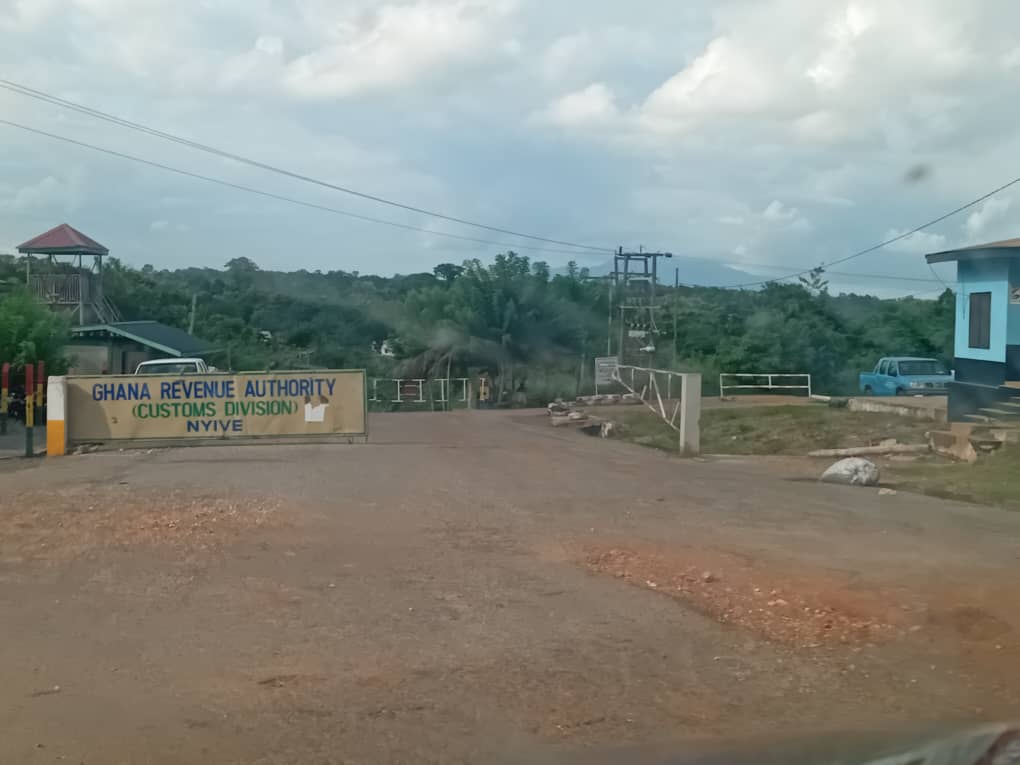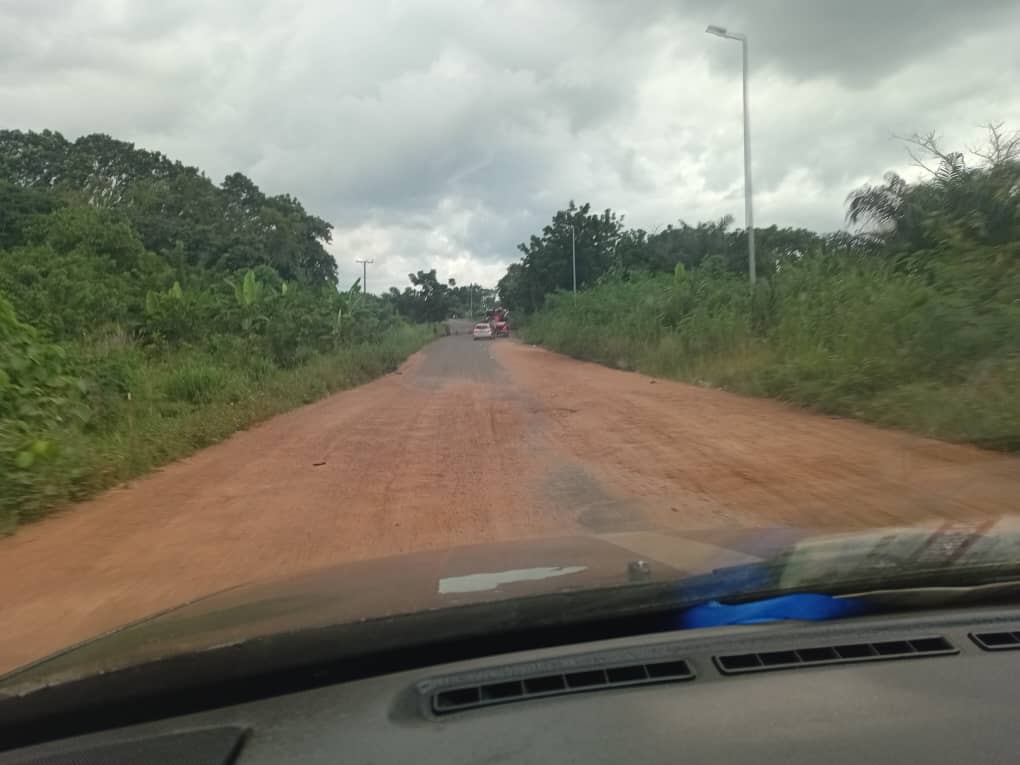General
Ghana bets on Mahama to crack whip on corruption
Ghana’s new government says it aims to retrieve more than US$21 billion allegedly stolen by public officials from national assets as it moves to crack down on corruption. Within six months of assuming office, President John Dramani Mahama’s government set up Operation Recover All Loot , an indepe...
MyJoyOnline
published: Jun 29, 2025


Ghana’s new government says it aims to retrieve more than US$21 billion allegedly stolen by public officials from national assets as it moves to crack down on corruption.
Within six months of assuming office, President John Dramani Mahama’s government set up Operation Recover All Loot (ORAL), an independent anti-corruption agency, which, on face value, is seen as a demonstration of its seriousness.
The main target appears to be erstwhile members of former President Nana Addo Dankwa Akufo-Addo’s government, who are accused of systematically asset-stripping state institutions, tax evasion, illegal movement of goods through porous border posts, and criminal land deals, among a host of varied illicit activities.

Foreign Affairs Minister Samuel Okudzeto Ablakwa, who is past chairman of ORAL, said in February that the US$21 billion represents just 36 of the cases the agency is actively investigating.
“In total, considering the 36 cases, the high-value cases we’ve identified, and the land-related loots, we can potentially raise about $21.19 billion. This is far more than what we’ve been pursuing from the International Monetary Fund (IMF), subjecting ourselves to all sorts of conditionalities,” Ablakwa said.
He was referring to Ghana’s heavy dependence on external funding from Bretton Woods institutions and donor funding for its development projects.
Efforts to mobilise funding locally have been hampered by policy inconsistency, a weak national balance sheet, poor resourcing of state institutions, and corruption, among other factors.
Despite having customs divisions at all entry and exit points, the Ghana Revenue Authority’s efforts to plug loopholes have met with little success, as criminals still find ways to evade paying tax.
Ghana’s border posts are widely believed to be quite porous, and officials there are accused of shielding tax evaders.
As if that were not enough, Reuters recently quoted a report by the nonprofit Swissaid, which claimed that the country was losing billions of dollars in revenue annually due to smuggling from the booming artisanal gold mining sector, with much of the gold flowing to the United Arab Emirates.
Swissaid reportedly found a 229 metric tonne trade gap, equivalent to US$11.4 billion, between Ghana’s gold exports and corresponding imports over just five years, with most of the smuggled gold ending up in Dubai.
How poor are the entry points, and how thriving is the smuggling trade?

Kofi Mensah (not his real name) tells me that smuggling goods between Ghana and Togo is a common trade for many in his community.
It is around 2:00 p.m. on Sunday, 22nd June. Kofi has just completed overhauling his motorbike in preparation for a night job, one that involves smuggling cocoa beans from Ghana to Kpalimé, the district capital of Kloto in Togo.
This time, the cocoa is being sourced from Kpedze, a border community in the Ho West district of the Volta region. Kofi declined my request to accompany him, citing concerns that I might later report their secret routes to the authorities.
He explained that these trips often involve navigating dense forests and crossing rivers under the cover of night. I observed as he carefully packed sacks of cocoa beans at the seller’s residence, ready to be loaded onto his motorbike later that evening.
For transporting approximately 67 kilogrammes of cocoa, Kofi earns GH₵500. But the job doesn’t end there. To avoid returning empty-handed, he has already arranged to bring back smuggled goods: two 50kg bags of sugar, rice, and cartons of cooking oil for a local trader.
That job also earns him GH₵500, totalling GH₵1,000 for the weekend’s operations.
From what I have gathered, this form of cross-border business facilitated by commercial motorbike riders, commonly referred to as Okada, has long been lucrative. However, as more riders join the smuggling trade, competition has steadily driven down individual earnings.
From Kpedze, I travelled to Honuta, a neighbouring farming community. In the 1980s, Honuta served as a major entry point in the Ho Municipality before newer border posts such as Shia and Nyive were established.

Today, Honuta remains active with Okada operations. However, the local riders were reluctant to speak, expressing suspicion and concern over potential exposure. Tensions briefly flared until Kofi Mensah intervened to calm the situation.
It quickly became apparent that cocoa beans remain the most frequently smuggled commodity from Ghana into Togo. In return, foodstuffs, motor parts, and vehicle spare parts are brought back into Ghana.
My next stop was Shia, a historic town in the Ho Municipality. Much like Kpedze and Honuta, the youth in Shia are heavily engaged in the Okada business and, by extension, the smuggling trade.
Despite initial hesitation, a few riders admitted that with declining passenger traffic, smuggling now provides them with a more stable and dependable income.
A key revelation in my investigation was the widespread existence of unapproved routes in these rural communities, routes allegedly unknown to customs and immigration officials. Interestingly, I was told that Togolese security personnel rarely interfere with smugglers, whether goods are being brought into or taken out of the country.
What are the experts saying?
Professor Evans Akwasi Gyasi, Associate Professor of International Trade at the School of Economics, Finance and Law, Anglia Ruskin University in the United Kingdom, attributes the surge in smuggling to discrepancies in tax regimes between Ghana and its neighbours.
“Why do we have a free port in Togo? How much is the duty in Togo? Because of the tax regime in Ghana, smuggling becomes an incentive,” he explained.
He added, “Nobody benefits when the tax ceiling is too high. It stifles growth and encourages people to seek alternative means of bringing goods into the country.”
Professor Gyasi urged Ghanaian policymakers to urgently reconsider the country’s port charges. “It’s time for our leaders to come together and chart a better path. Our port charges are far too high; it’s simply not sustainable.”
He highlighted the issue of corruption at border posts, noting that many traders are compelled to pay bribes to evade taxes or reduce duty obligations. While he condemned the practice of smuggling, he emphasised the importance of prosecuting offenders and reforming the system to eliminate incentives that enable such acts.
Tackling the borders
Over the years, it has been alleged that some officials of the Ghana Revenue Authority (GRA) have themselves been complicit in smuggling operations.
In 2022, a JoyNews exposé revealed how certain customs officers facilitated the smuggling of thousands of gallons of vegetable cooking oil from Togo and Côte d’Ivoire, resulting in losses of over GH₵300 million.
Watch the full documentary below;
In response, the GRA pledged to sanction staff and officers found to be colluding with smugglers operating along the country’s borders.
According to officials from the Ghana Cocoa Board (COCOBOD), the country lost an estimated 120,000 tonnes of cocoa to smuggling during the 2022–2023 season, with losses rising to 160,000 tonnes in the 2023–2024 season, amounting to more than one-third of national production.
This trade, largely driven by price differences between Ghana and neighbouring countries, has seen farmers move cocoa illegally through secretive routes using modified fuel tankers and tipper trucks.

In response, COCOBOD increased the farmgate price of cocoa by 45%, restructured its financing model, and deployed security and military personnel to guard critical border points.
Meanwhile, gold smuggling continues to represent a major economic leakage.
According to a June 2025 Reuters report citing a Swiss NGO, Ghana has lost approximately $11.4 billion worth of gold over five years through illicit exports, most of which were routed through the United Arab Emirates.
Despite collaborative efforts from stakeholders over the years to combat the menace, smuggling remains deeply entrenched.
Attempts over the last two weeks to obtain official comments from the GRA’s Customs Division and the Ghana Immigration Service on their joint strategies for this project were unsuccessful due to time constraints.
The project received support from the Thomson Reuters Foundation through the Media Foundation for West Africa (MFWA) as part of its global work aimed at strengthening free, fair and informed societies. Any financial assistance or support provided to the journalist has no editorial influence. The content of this article belongs solely to the author and is not endorsed by or associated with the Thomson Reuters Foundation, Thomson Reuters, Reuters, or any other affiliates.
Read More